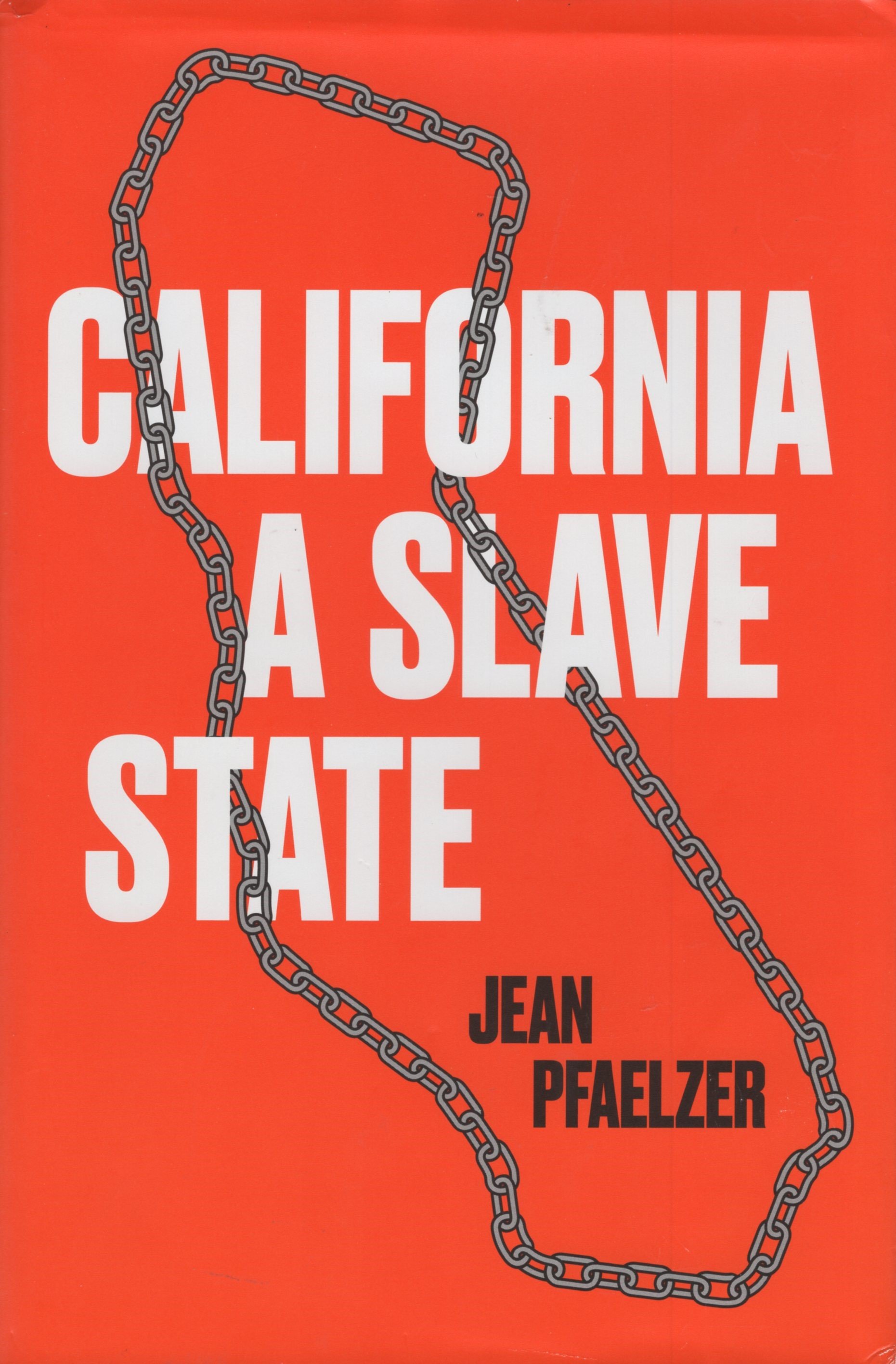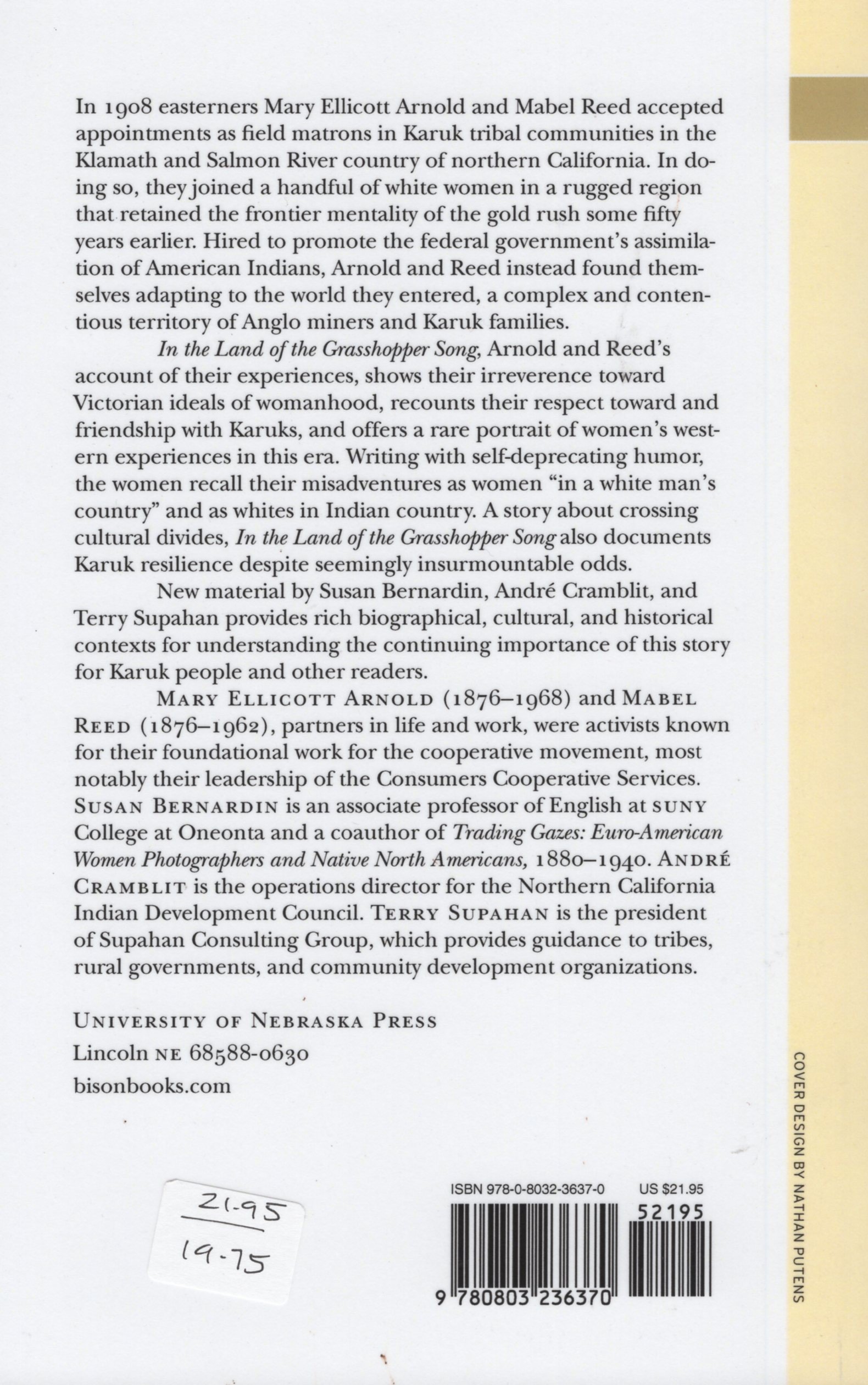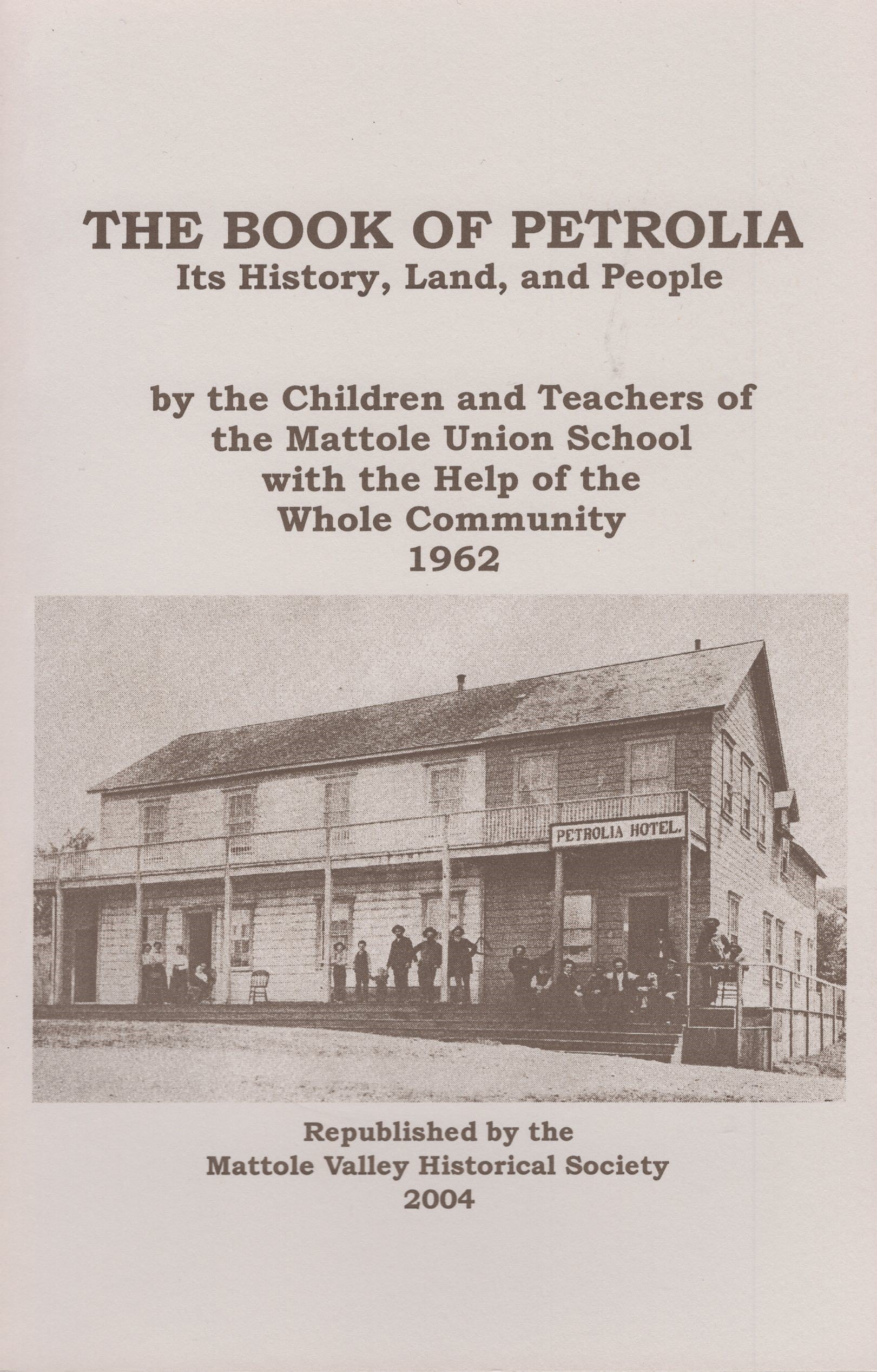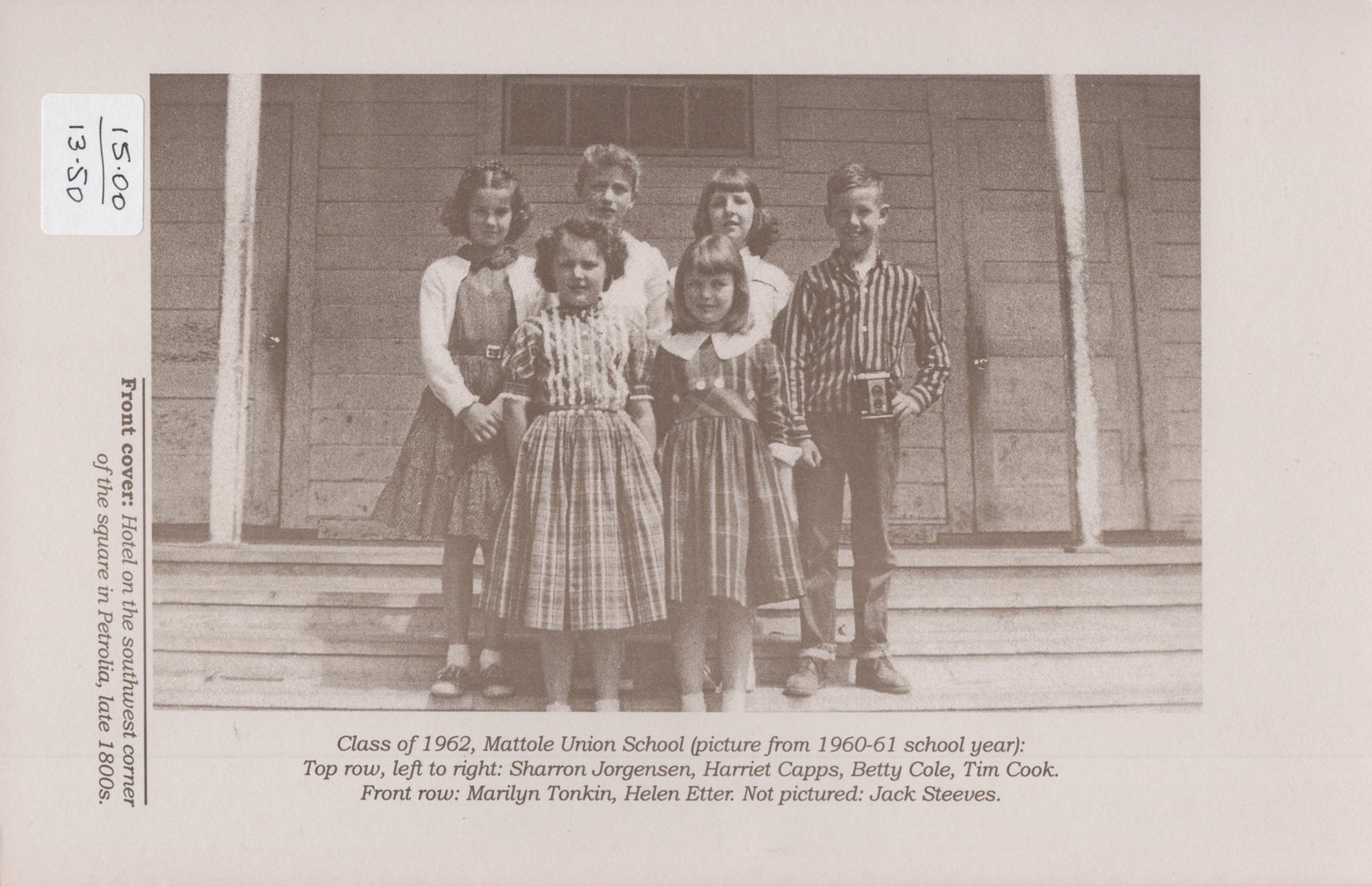California: A Slave State
California: A Slave State
When authors give a title to their book, sometimes it is a straightforward attempt to tell you what the book is about. Or sometimes it is to deliberately provoke you to read it and find out that way. Jean Pfaelzer's book California a Slave State is something of both.
So, was California a slave state? Technically, no. Eventually its constitution forbade slavery, and it was never part of the Confederacy. But this book is about other aspects of slavery that California was very much a part of. As in her other book, Driven Out, about the treatment of Asians in California, Pfaelzer opens another unsavory but real historical door.
It begins with the indigenous people of this land and how they were mistreated, murdered and enslaved by the Spanish, Mexicans, Russians and then the Euro-American settlers. We are told how many were forcibly deculturalized in boarding schools and missions or sold to work as servants, laborers or prostitutes. We learn too how some southern slave owners came to California as settlers or gold seekers and how their "property” who came with them became involved in legal and cultural battles over slavery in this "free state".
Other chapters show how Chinese were brought here as gold workers, laborers, servants or sex slaves. And some sections relate how jail prisoners often became forced laborers in factories and farms. And finally we see how the same mentality continues with illegal immigrants used in sex trafficking and forced labor in marijuana grows.
This thoroughly researched and somewhat controversial book, with its over 100 pages of indexes and footnotes, is certainly not light reading. But it is important and well written information for anyone interested in history, all history -- the good, the bad and the ugly. As the author says in her introduction, "We are powerless to intervene in the past, but we can challenge the notion of inevitability and alter the outcome". Or by learning of the past, we can better understand the present and improve the future. That, after all is one of the roles of an historian.










